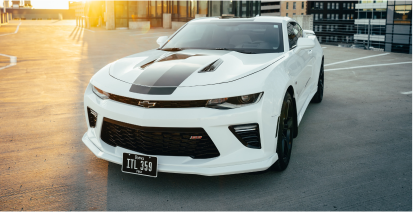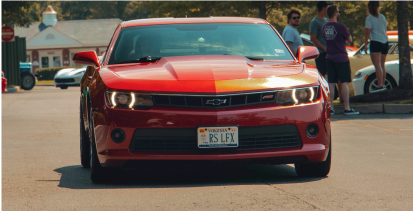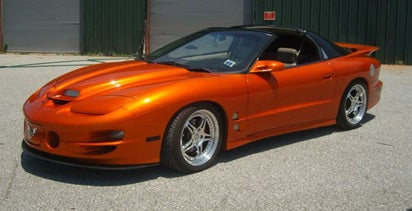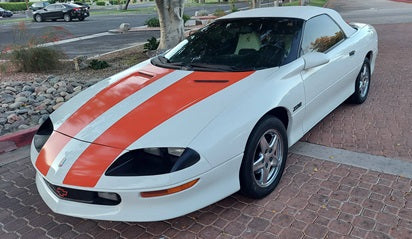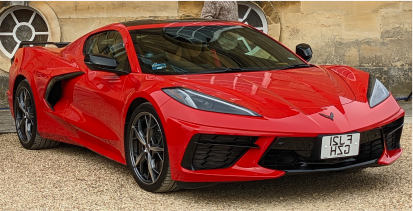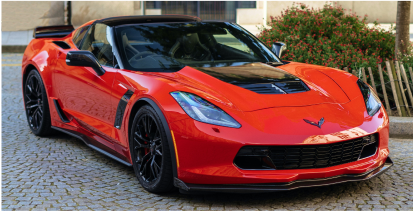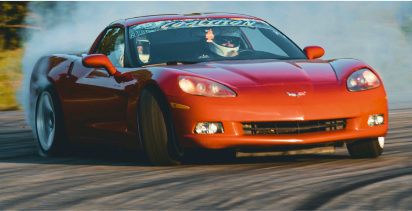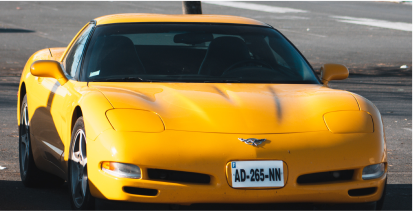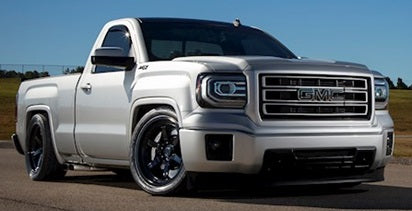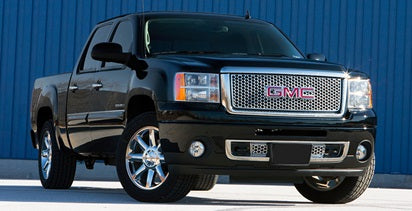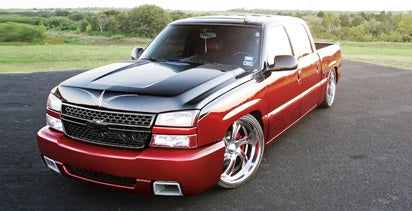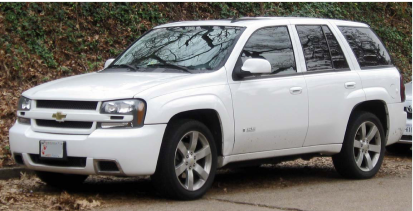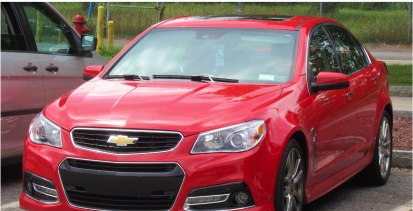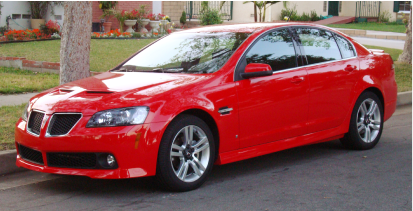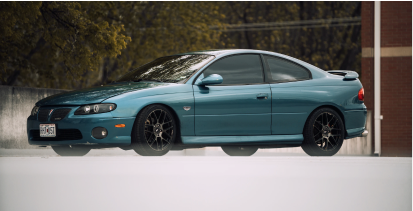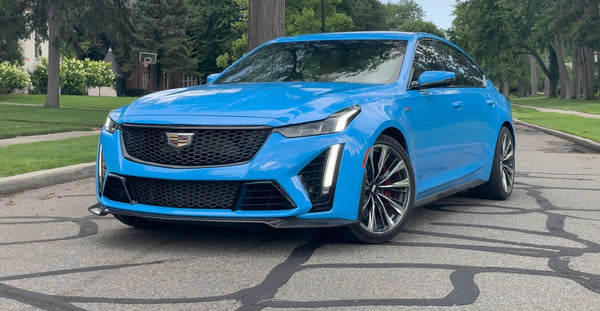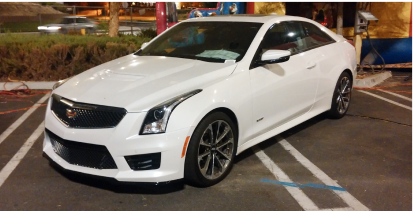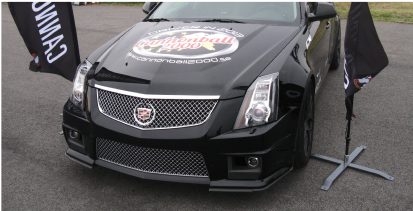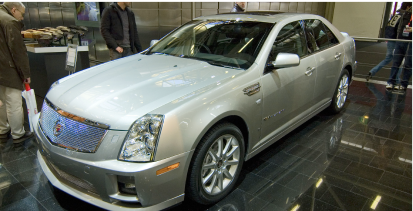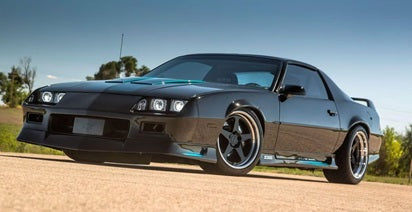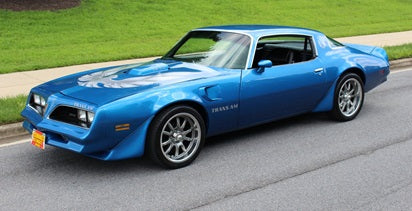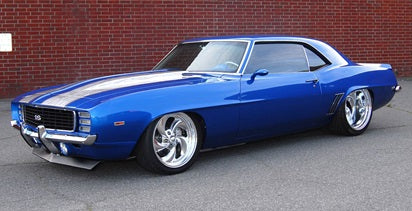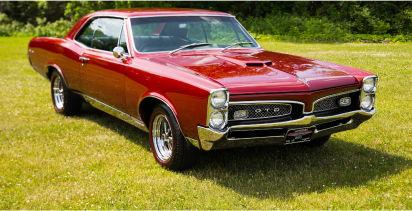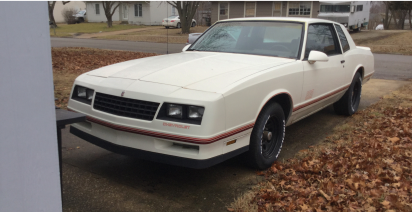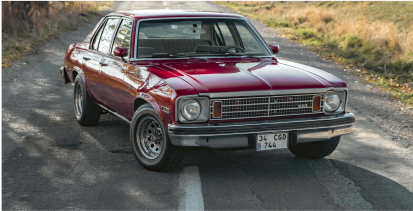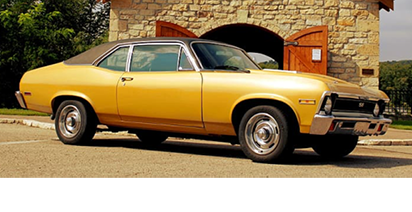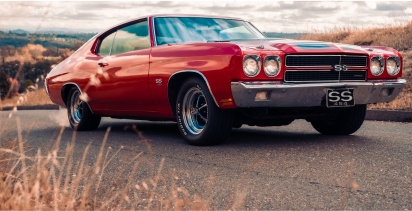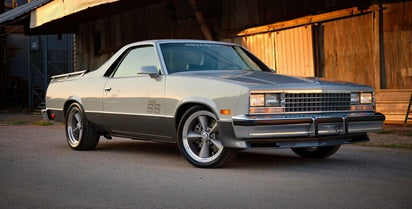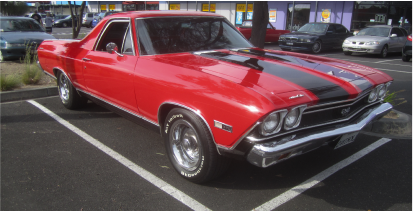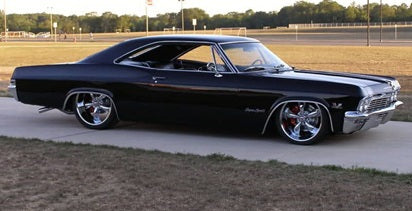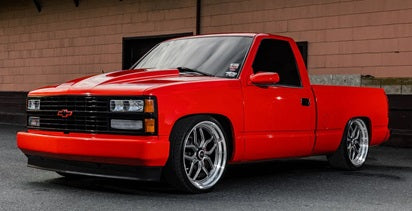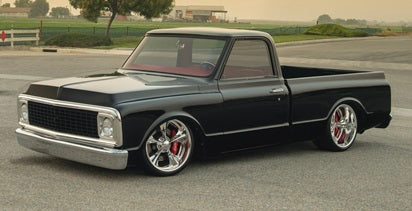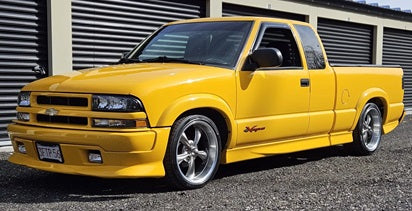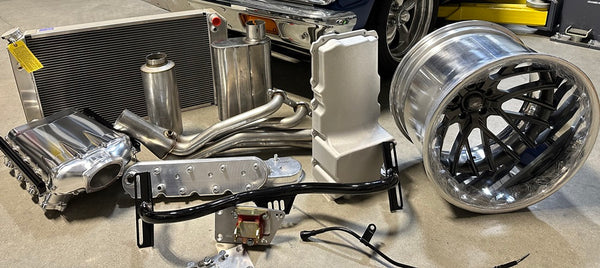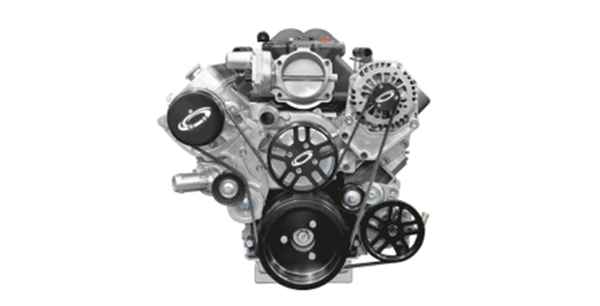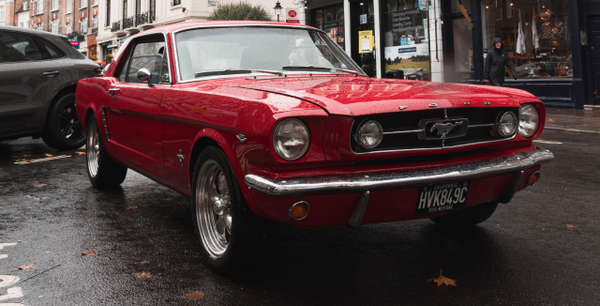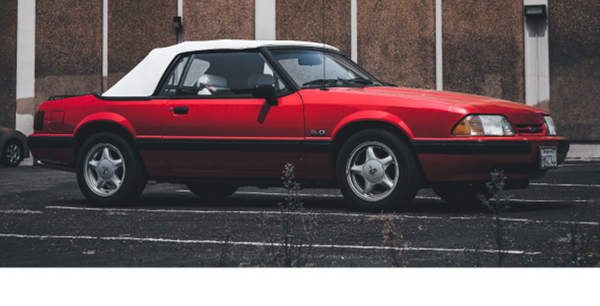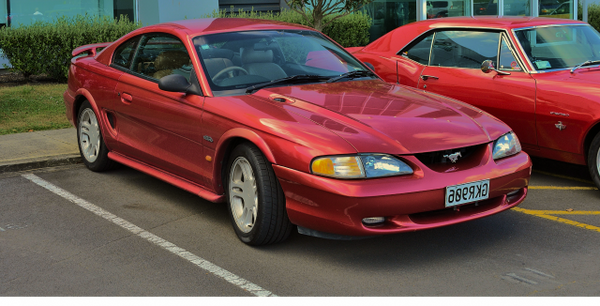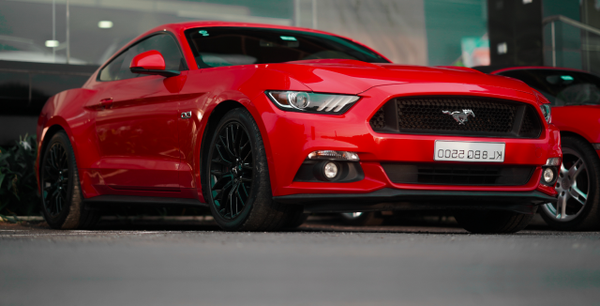Driveshaft Shop 3.5" Aluminum Driveshaft "Manual" (2010-15 SS)
SKU: 610204
Select Extras
Product Description:
*Stock 6 Speed Manual ONLY
Available now for the 2010-2015 Camaro is our 3-1/2 aluminum shaft with CV . We have done extensive testing with stock rears and with our 9" kit and believe this to the the most cost-effective trouble-free drive shaft for the Camaro available today. The shaft will come with our signature billet plates for each end so you don't have to go into the rear taking a chance on upsetting the crush collar (see below for billet plate VS changing to a Pinion yoke below). Our shaft comes with a 300m stub system mounted into a billet aluminum plate to ensure not only strength but lighter weight than the normal way of doing this type of end (look closley at the CV end, it's not all steel). The shaft only weighs 28lbs and comes with special grade 12.9 uber strength hardware with back up lock nuts to ensure no loose bolts. We have been using this billet aluminum style plate for over 10 years on thousands of 1000+Hp Supras, BMWs and many more without any bolt issues.
You will have to remove the heat shield from above the center hanger mount to install a 3-1/2" shaft. There is a possibility of clearance issues with aftermarket exhausts. This is a general warning. We have 9 test shafts out and not one had an issue. I have listed this because not all exhaust systems have been tested. (Our Carbon fiber shaft will be made from 3-3/8 and not the 3-3/4 like other manufacturers.)
Billet plate VS Pinion Yokes
There seems to be a debate on a yoke VS a billet plate, here is our take on this. This is what was posted to a question about it on another Forum
those billet drive shaft couplers dont make vibrations???
No not at all, in fact the way the pins stick out of the trans and diff show just how straight it can be. The pins are ground with the bearing surfaces on the trans and diff (if you remove this pin for any reason and have a problem you cant go back to stock or our verified system) so its an exact center line. the billet plates are machined on center and the flanges mount at a larger diameter and pilot making it better than any u-bolt style yoke. We have recently done extensive testing with our new balancing machine with Roush/Fenway on a vibration problem NASCAR has been having. If you have ever seen a race team set up a rear end they use a ball mount that sits where the u-joint mounts to check the run out on The pinion yoke, all yokes have run out. They check them to make sure they are not beyond tolerance (and quite a few are) with the plate and flange we have been able to get a more concentric center line, in fact when we tooled up the new balancer (spins 9500rpm) we ended up using flanges instead of yokes because each time the yoke was taken off and remounted it was not with in tolerance for the balancer (centering on the splines). The flanges hold true no matter how many times they are re-mounted. Roush took a few flange samples with them to make pinion mounts for the flanges.....
This is a picture of another company's billet part, i'm not sure who's part is is but i see a few things that make it bad. The bum rap from most parts is a company not knowing what there doing and trying to make products with out understanding how to keep proper center lines. We 1st measured the thickness at 6-12-3-9 o'clock they have different measurements. the other thing i noticed is they are not turning the outer diameter, this is what you reference all measurements from and should be concentric. That one in the picture was supposed to be brand new also. there is so many banged up ends i would have been afraid to use it in the balancer (the reason it was sent in) our billet plates use longer bolts with a back up nut to ensure the bolt never comes loose. also the higest grade bolt is used to make sure a bolt will never break (or come loose) see the attached picture
i'm sure not all are done this way but it shows our commitment to part excellence and backed up by real world testing not just by being put in a car and claiming. Our shafts are balanced with the billet parts attached, Every CV shaft will have to use this type billet parts for the CV end so claiming its not good would be misleading to those who are unaware of how shafts mount. take a look at our billet mounts, there lighter and race proven for over 10 years in many record setting cars. (if you purchase one you will even see balance drill marks on the billet mounting plates)
dont go for the "never had a problem" we ensure you will not....
